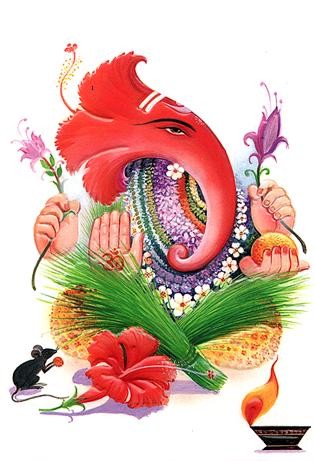Language of 'sinful' influence
C Mrunalini
THESE are the times when language plays a major role in identity politics. India has the distinction of having created states on the basis of language.
Andhra Pradesh pioneered the effort, with Potti Sreeramulu sacrificing his life for it. But while we all revere and respect our languages, and some even go the extent of fanaticism with regard to another Indian language, one truth stands out.We were, are and continue to be enamoured of English.
The ongoing language movements are up in arms against the excessive use of English and the disrespect shown to our mother languages. While one section among Telugus is all for only Telugu medium at the primary level, another demands the opposite. They want English in government schools. This conflict between two different ideologies is more than a century old, though with a different perspective and in different contexts. That is the truth M Sreedhar, Professor of English at the University of Hyderabad, brings out with an interesting book on the reception to English by Telugus in the early decades of the 20th century, when the national movement was in full swing.
Entitled 'Reception of English — Cultural Responses in Telugu Documents', this book, published by Cambridge University Press, is topical in subject and purpose. The author has made a clear departure from traditional thinking in talking not about the “influence” of English but its “reception” by Telugus.
This book traces the reception of the Telugus to English language and education from the Kavali brothers (1825) up to Kanche Ilaiah (2006). The responses are three-fold.
One is entirely, unabashedly in favour of English. Caveli (should be Kavali, but spelt according to British usage), Venkata Ramaswami, Yenugula Veeraswamy,Vennelacunty Soob Row (should be Subba Rao but changed according to British preferences), as they appear in their writings, expressed the greatest reverence for English language and education. They wrote before the advent of national sentiment in India. But Kandukuri Veeresalingam Panthulu, Gurazada Apparao and Tallapragada Viswasundaramma belonged to the age of nationalism. Still, they also appear to favour everything English.Viswasundaramma was probably the first Telugu female poet to use English words in her Telugu poetry. The difference between Kandukuri and Gurazada was that the former found everything about the British fine, while the latter found some British policies detrimental to the Indians.
The second response is to see British character through their language. Language, to these perceptive writers, was not just a mode of communication, but an imposing of a culture. The Dalit poet, Gurram Joshua, is a fine example of this. He was aware of what the British could do to Indians, through enforcing their religion via language and education.
Digavalli Venkata Siva Rao, who recognised the influence of Western style of life via English education on the Indian youth and Garimella Satyanarayana,who called English education “sinful” and conducive to slavery, had similar responses.
The third response is disgust and anger. Panuganti Lakshminarasimha Rao, Viswanatha Satyanarayana, and to some extent Mokkapati Narasimha Rao represent this response. Panuganti is at his satirical best when he writes about a Telugu native who can’t speak in Telugu. “This gentleman is very proud of his English proficiency and not in the least apologetic about his ignorance of his mother tongue.” The conflict between the traditionalist father figure and the modern daughter vis a vis English education, as depicted in Gopichand’s novel is a fine example of the turmoil of the orthodox Telugu family in the 20th century.
Probably the writer of this book, Sridhar, is making a statement of his own by quoting the renowned novelist Buchibabu who realised in the 1950s itself that many English words had become Telugu; he was saying ‘sorry, thanks, colour, photo, please, excuse me, Influenza’ and could find no Telugu equivalents. As Sridhar observes in his preface “I always try to defend the openness of the Telugu language to influences from everywhere against the linguistic purity that Tamil has for long observed.” Sridhar, an accomplished translator, has used other translations for some texts and,wherever necessary, done his own translations, all of which make for easy and enjoyable reading. Sridhar is very much aware of the Telugu language movements in the state today and has a piece of advice for them: “The predominance of English in everyday Telugu in a globalised world has only accentuated the growth of English. There is no point in wishing to return to the “golden age” of pure Telugu. Nor are attempts to preserve the local colour and flavour of our languages a meaningful exercise.What is perhaps needed is a delicate balance.” There may or may not be any takers for this advice, but he has definitely attempted a delicate balance in his tone and selections in this book.
Partab is a senior sports journalist, based in Chennai.
partabramchand@yahoo.com
Courtesy:ExpressBuzz



2 Comments:
armani exchange
longchamp outlet
coach outlet
nike shoes
ugg boots
jordan shoes
true religion outlet store
ray ban sunglasses
skechers shoes
ralph lauren outlet
2017.8.23
adidas tubular
curry 5 shoes
off white nike
balenciaga
air jordans
kyrie irving shoes
hermes belts for men
hermes birkin
kobe shoes
nike shoes
Post a Comment
<< Home